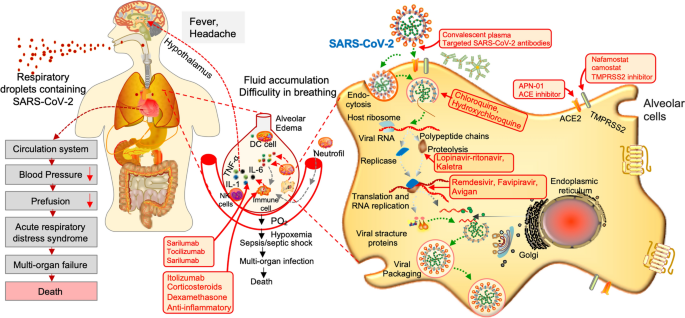In the early stages IgA nephropathy has no symptoms. The conditions that affect your glomeruli are called glomerular diseases.
 Management Life Expectancy Of Stage 4 And Stage 5 Kidney Disease Timeslifestyle
Management Life Expectancy Of Stage 4 And Stage 5 Kidney Disease Timeslifestyle
You can still expect a long life with IgA Nephropathy.

Iga nephropathy life expectancy. IgA nephropathy can occur at any age even in childhood. Can you die from IgA Nephropathy. The first sign of this condition may be blood in the urine.
IgA nephropathy is a chronic kidney disease. It is caused by deposits of the protein immunoglobulin A IgA inside the filters glomeruli in the kidney. Generally speaking this disease is benign.
During a median follow-up of 136 years 577 11 patients with IgAN died 1067 per 1000 person-years compared with 2066 deaths 07 in the reference population during a median follow-up of 141 years 745 per 1000 person-years. Life expectancy was reduced by 101 years with a median observed age of death at 657 years and a median expected age at death of 758 years. IgA Nephropathy progresses over 10 to 20 years leading to kidney failure.
It might lead to. This is especially true for people who only have. IgA nephropathy nuh-FROP-uh-thee also known as Bergers disease is a disease that causes damage to the tiny filters inside the kidneys.
Little or no urination. A potential limitation of this estimate was that the age for surviving patients was censored at study end on December 31 2015. Current statistical data shows that IgA patients can go into remission and this accounts for about 4-20.
IgA nephropathy IgAN patients are. But as long as you take treatment timely you can bring. 5 Signs and symptoms of end-stage kidney disease may include.
Proteins have many different jobs in your body. What is IgA Nephropathy. IgA is a protein that helps you fight infections.
Some people with IgA nephropathy have both hematuria and albuminuria. IgA Nephropathy is the most common primary glomerular disease with approximately 30 t0 40 of patients progressing to end-stage kidney disease within 20 years. Immunoglobulin A Nephropathy called IgAN for short or.
IgA Nephropathy does not threaten your life. It progresses over 10 to 20 years and can lead to end-stage renal disease. Life expectancy is substantially reduced for patients diagnosed with IgA nephropathy in the southeastern United States.
Glomerular diseases include many conditions with many different causes. Up to 70 percent of people can expect to have a normal life expectancy without complications. With the progression you may have a lot of symptoms and complications which lower your living quality.
There is approximately a 21 male-to-female predominance in North American and Western European populations. How long can I expect to live after being diagnosed with IgA Nephropathy. IgA nephropathy is a chronic kidney disease and patients will only have slight symptoms and discomforts after 10 years and the illness condition will become life-threatening after 30 years.
After 10 to 20 years the kidneys may show signs of damage and 20-40. Many diseases can affect your kidney function by attacking and damaging the glomeruli the tiny filtering units inside your kidney where blood is cleaned. We found that median life expectancy was reduced by 10 years in patients diagnosed with IgA nephropathy in central and eastern Kentucky.
In a study IgA nephropathy patients lived a median 6 fewer years than age-matched controls without the disease. After 10 to 20 years with IgA nephropathy about 20 to 40 percent of adults develop end-stage kidney disease. These glomeruli normally filter waste and excess water from the blood and send them to the bladder as urine.
Eighty-three percent of the deaths occurred after progression to ESRD. Among patients who develop overt proteinuria andor an elevated serum creatinine concentration progression to end-stage renal disease is approximately 15 to 25 percent at 10 years and 20 to 30 percent at 20 years 3411-14. Its progression to kidney failure takes a long time.
IgA nephropathy is the most common lesion found to cause primary glomerulonephritis throughout most developed countries of the world. After many years deposits of IgA may cause the kidneys to leak blood and sometimes protein in the urine. Patients with IGA Nephropathy prevents the filtering process of Kidneys.
Patients may present at any age but there is a peak incidence in the second and third decades of life. The survival rate within 10 years is 80-90 and there will be 20-30 of patients who develop progressive renal insufficiency. Protein and Blood in the Urine Proteinuria and Hematuria Swelling of hands and feet known.









